Reading time: 4 mins

At a glance
- Being attentive to your helper's nutritional needs can help her be happier and more productive.
- She might be used to different foods due to her cultural background.
- There are things you can consider to help her adjust to food in Singapore.
Food gives us the energy to work and stay healthy.
As an employer, having your migrant domestic worker (MDW) receive adequate nutrition is crucial for her health and work performance. By being attentive to her nutritional needs, you can help your MDW to be happier and more productive.
Recognising dietary differences
As you plan your MDW’s meals, it's essential to understand that she may have dietary restrictions due to cultural, faith, or health considerations. This may affect whether she eats enough to support her physical and mental well-being. For example, some helpers follow Halal diets, while others may be vegetarians. Others could be allergic to certain foods or have lactose intolerance.
Furthermore, your MDW may be used to different foods due to her cultural background. For instance, she might be used to eating heavier rice-based meals for breakfast instead of Kaya toast, or might be more used to spicy sauce-heavy meals instead of light soups. Also, some MDWs may be used to larger meal portions than what we may eat in Singapore. Being mindful of these differences can help her adjust to life here better and eat adequately.
Signs of her not adjusting to food in Singapore
How do you know if she’s not eating well?
- The obvious way is when she tells you herself, or when you ask her about it.
- She leaves food on the plate instead of finishing it.
- She loses weight unexpectedly or always looks tired.
- She snacks throughout the day despite getting her meals, as if she’s still hungry.
Acknowledging nutritional needs
When considering meals for your helper, be mindful that she receives a balanced diet. She should get to eat carbs like rice or bread, proteins, fruits, and vegetables.
Here are some quick tips that can help ensure that your helper receives adequate nutrition.
Embrace a world of flavours
Going beyond providing calories, food can also support your helper's well-being and build a stronger relationship between you. Be open to her preparing the flavours of her home country and sharing them with you once in a while. Not only can this give her a chance to enjoy a sense of familiar comfort, but it can also give you the opportunity to try new food that you may end up liking. Best of all, since Singapore is a multicultural city, it’s not hard to get the ingredients needed!
To give you an idea of what some of the beloved dishes from your MDW’s homeland are like, we’ve compiled a series of these, which can be made using commonly available ingredients.
Burmese cuisine
Characterised by simple dishes that use a wide variety of herbs and ingredients like fish sauce or shrimp paste.
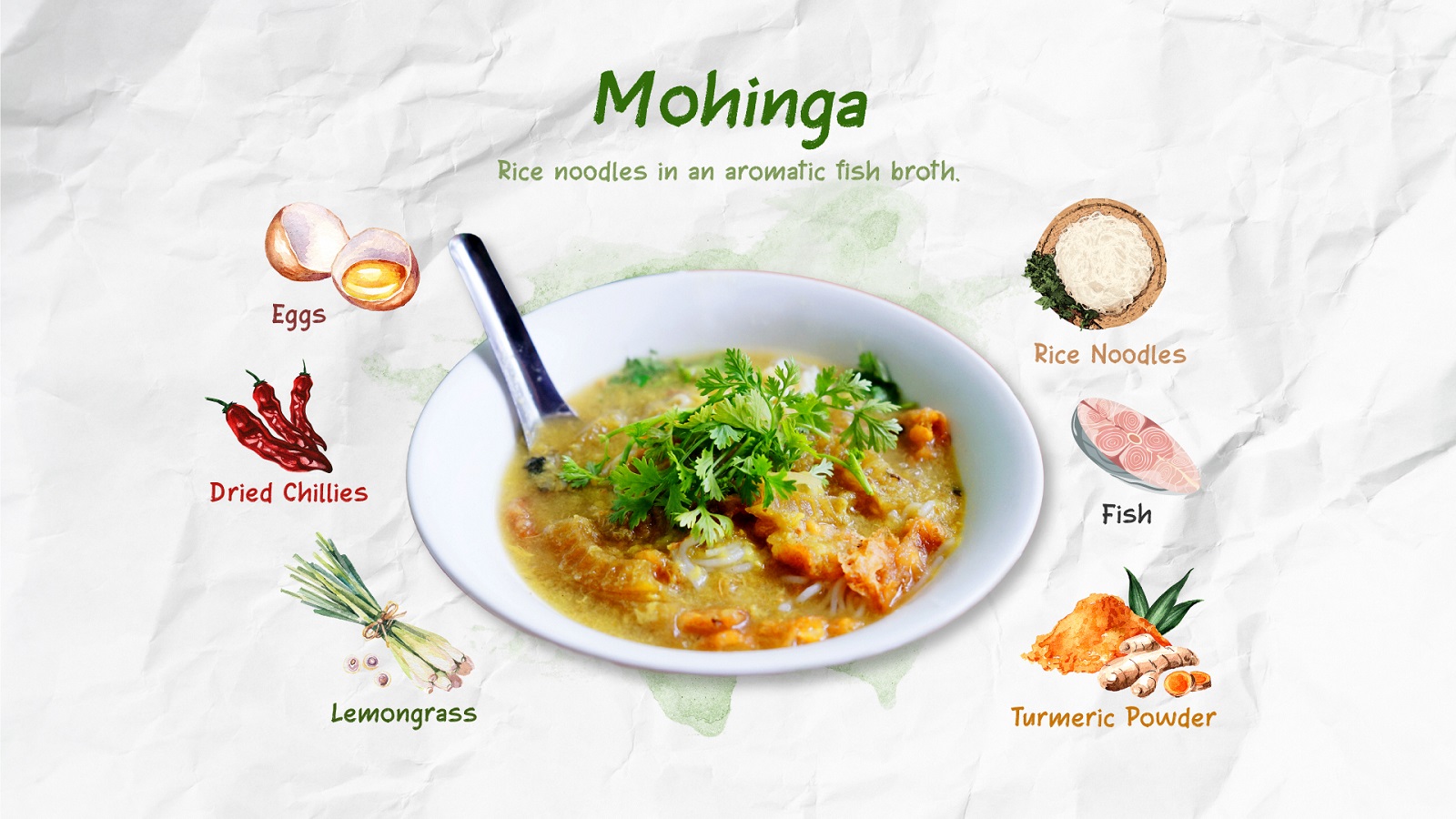
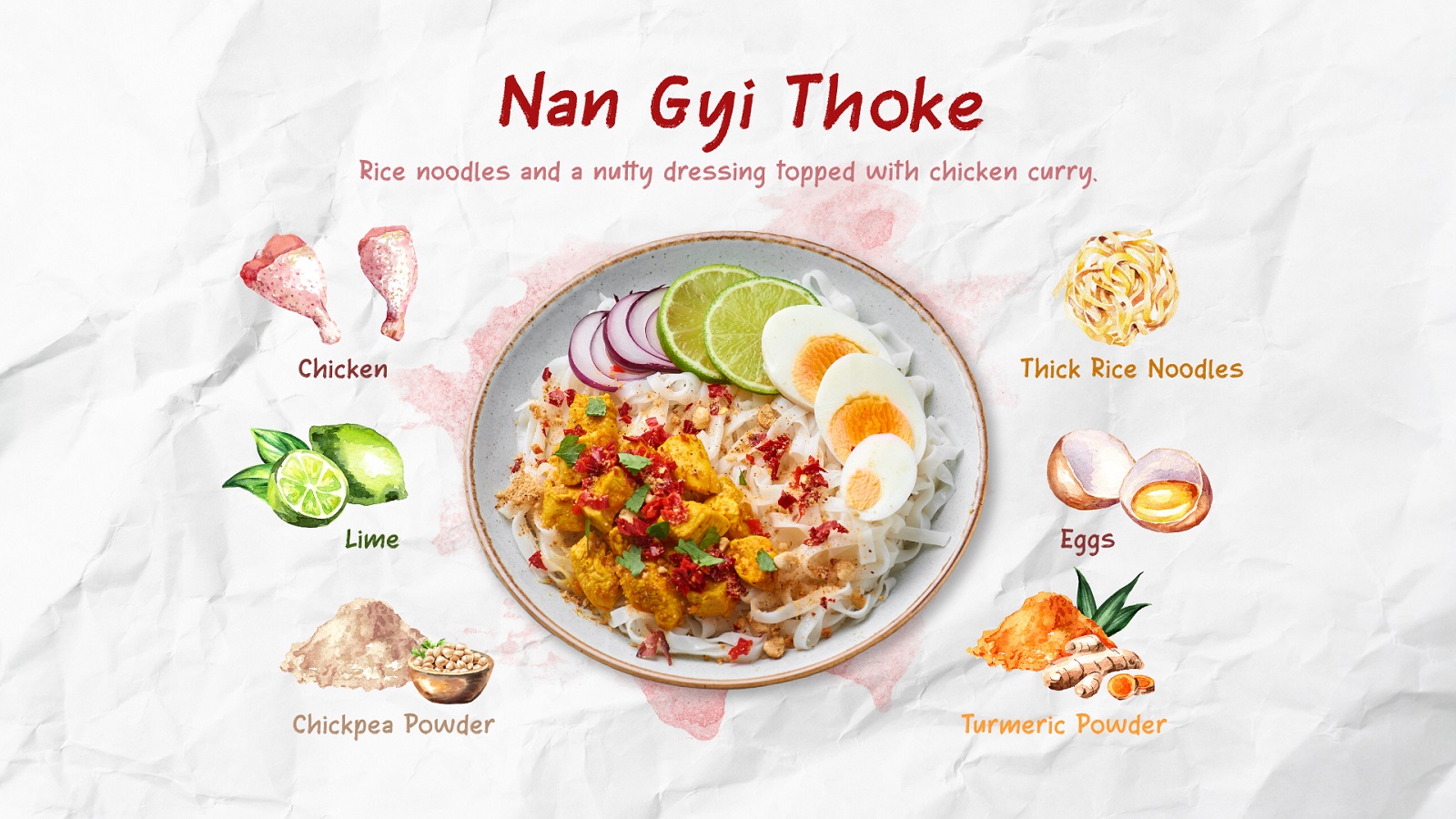
Indonesian cuisine
Familiar to many Singaporeans, this cuisine is well-known for its spicy harmony of flavours.
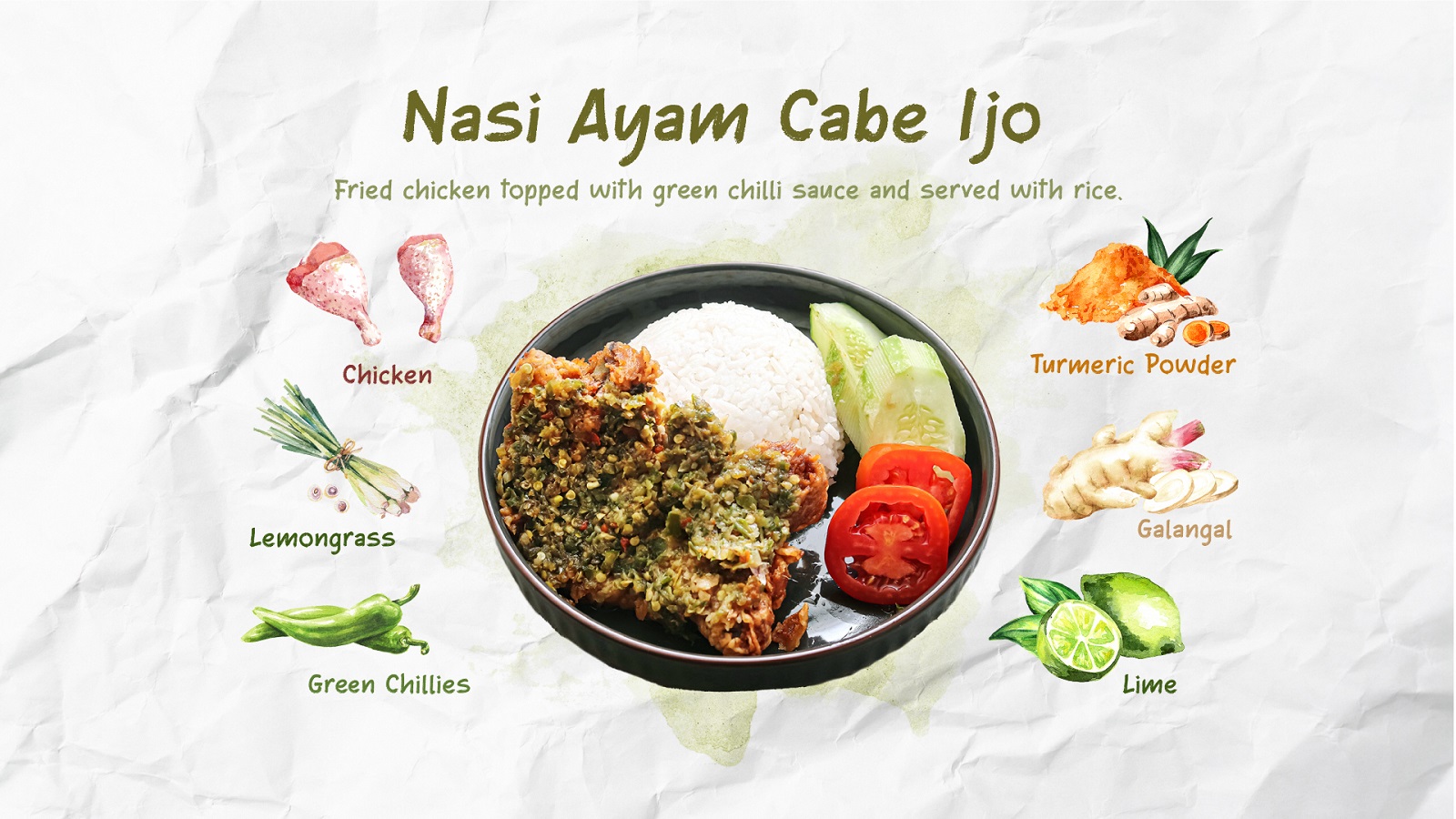
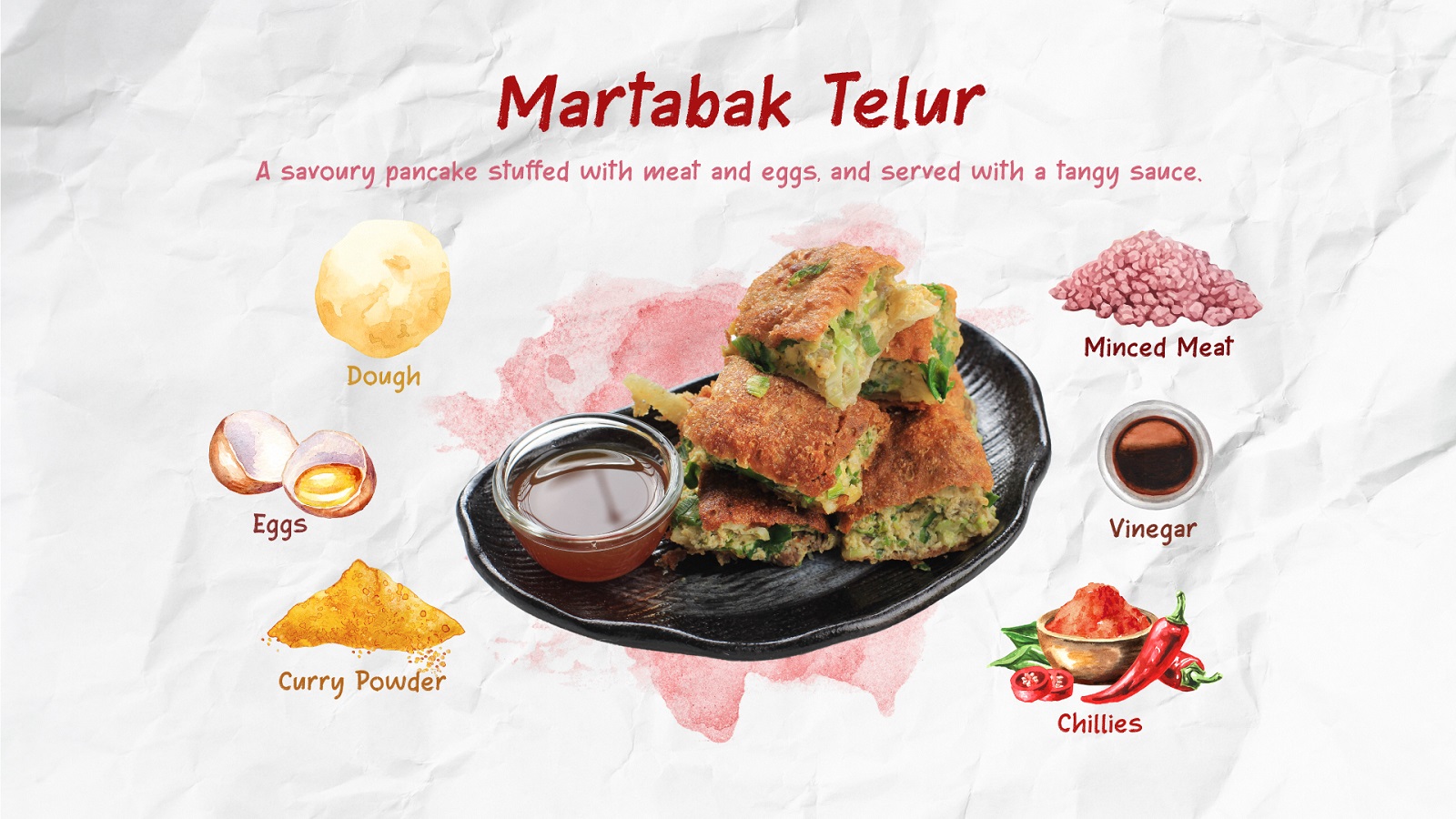
Filipino cuisine
Vibrant flavours that surprise you with its use of braises and is influenced by the heritages of countries like Spain and the USA.
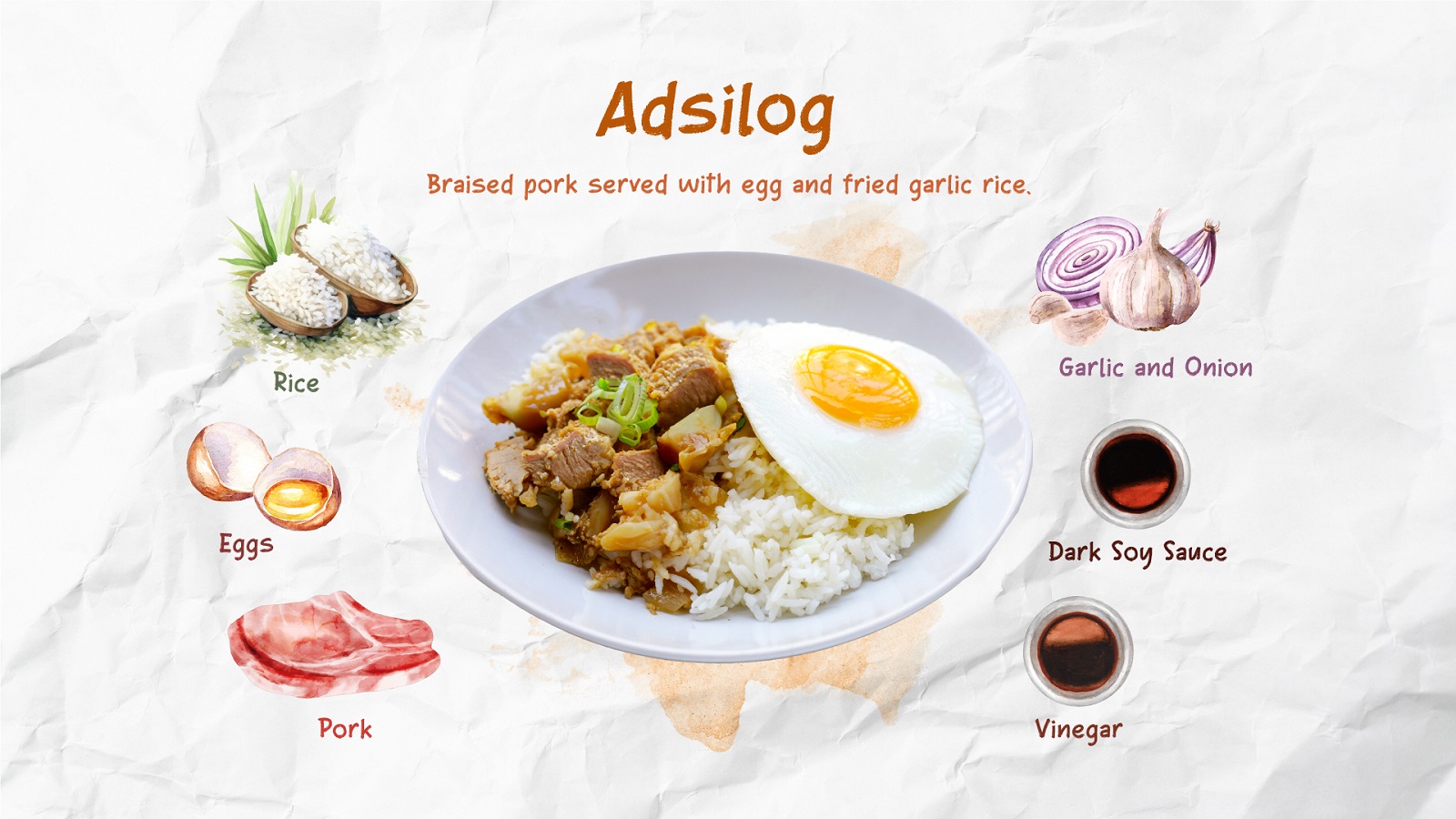
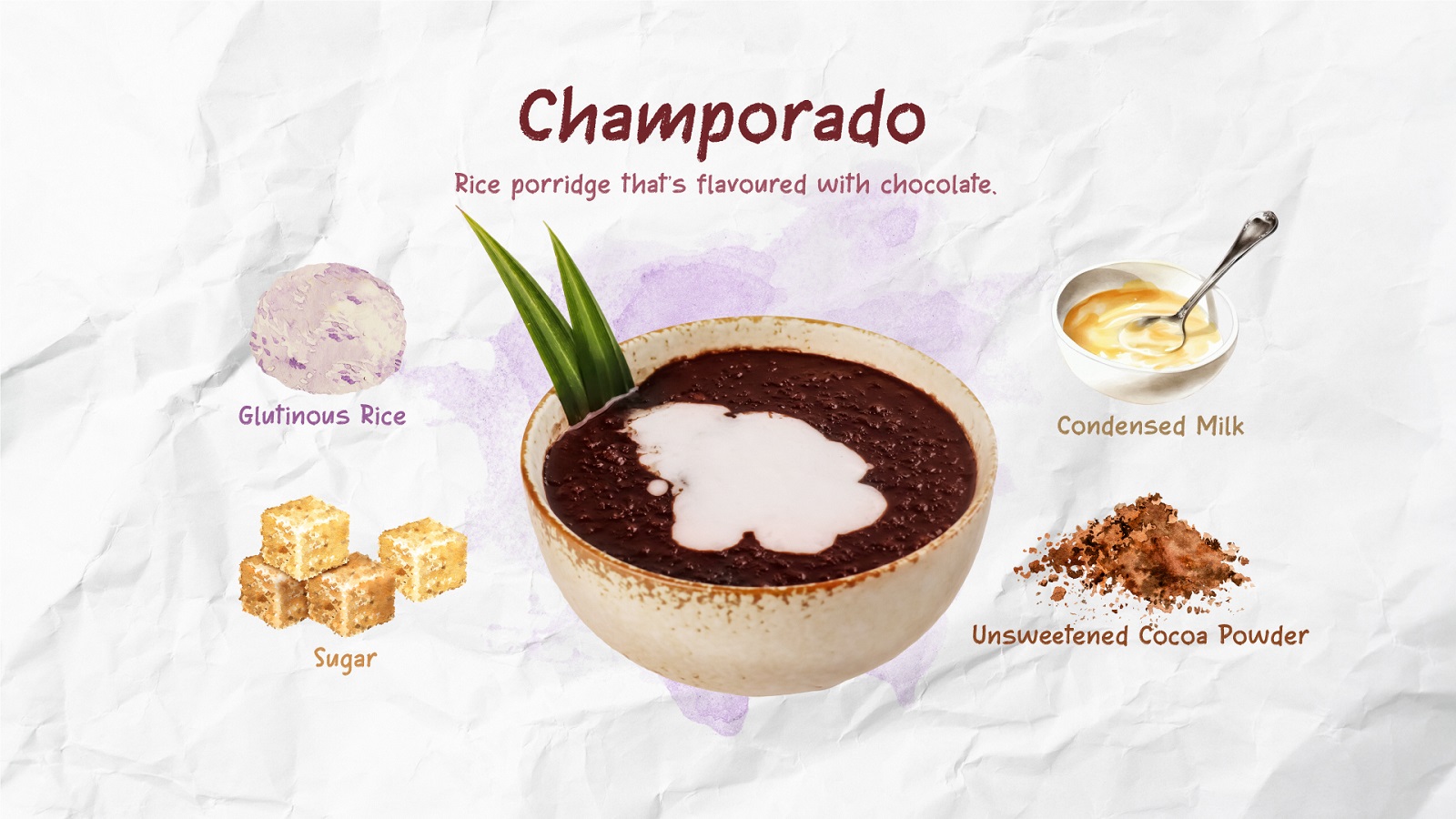
Encouraging your MDW to share her hometown dishes with you and your family can be a good way to bond and learn more about her cultural heritage.
MDWs share their thoughts about food
“Familiar food helps me to reduce stress at work by bringing comfort to my stomach.”
- Filipino MDW Crisanta
“My employer likes to eat dishes from my homeland…I will cook (these) for her twice a week.”
- Burmese MDW Su Su Hlaing
“I missed home badly and I felt like going home. My employer helped me adjust to Singapore by bringing me to places that sell dishes from my home country.”
- Indonesian MDW Rowena
A conversation about cuisine
Open communication is key to understanding your helper's dietary needs and preferences. Take the time to talk to your helper about the foods she enjoys, any restrictions she may have, and how you can work together to create a meal plan that works for both of you.
Some questions you might want to ask include:
- "What are some of your favourite comfort foods from home?"
- “Are you used to your portions of food?”
- "Are there any foods you can't eat due to religious, cultural, or health reasons?"
- “Are you ok with sharing our meals, or do you like to prepare your own? Would you like me to help you find the ingredients, or would you prefer to buy them yourself?”
By showing interest in your helper's food preferences and being willing to accommodate them, you help ensure that she eats well. This not only helps her work better, but can also build a positive relationship and makes her feel cared for. Small gestures like these can go a long way in making her feel motivated to do her best for your household!